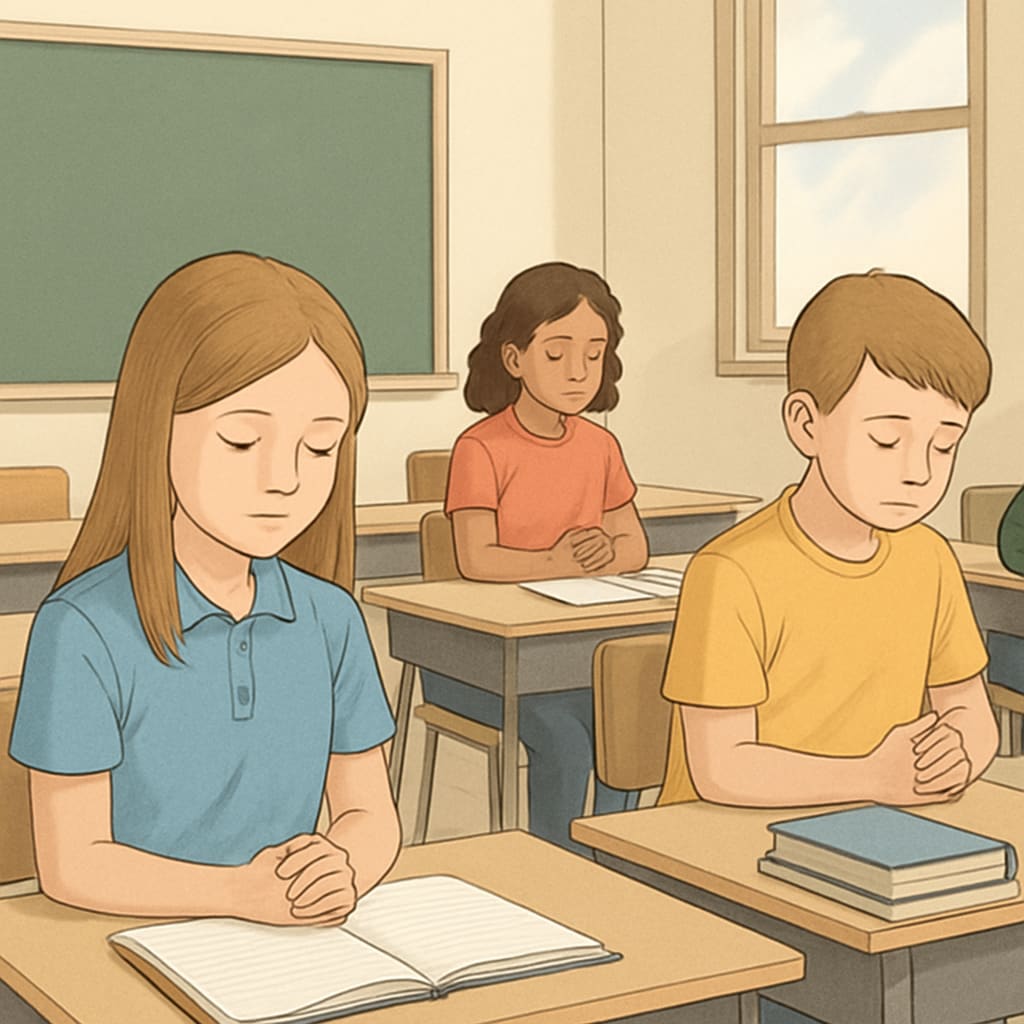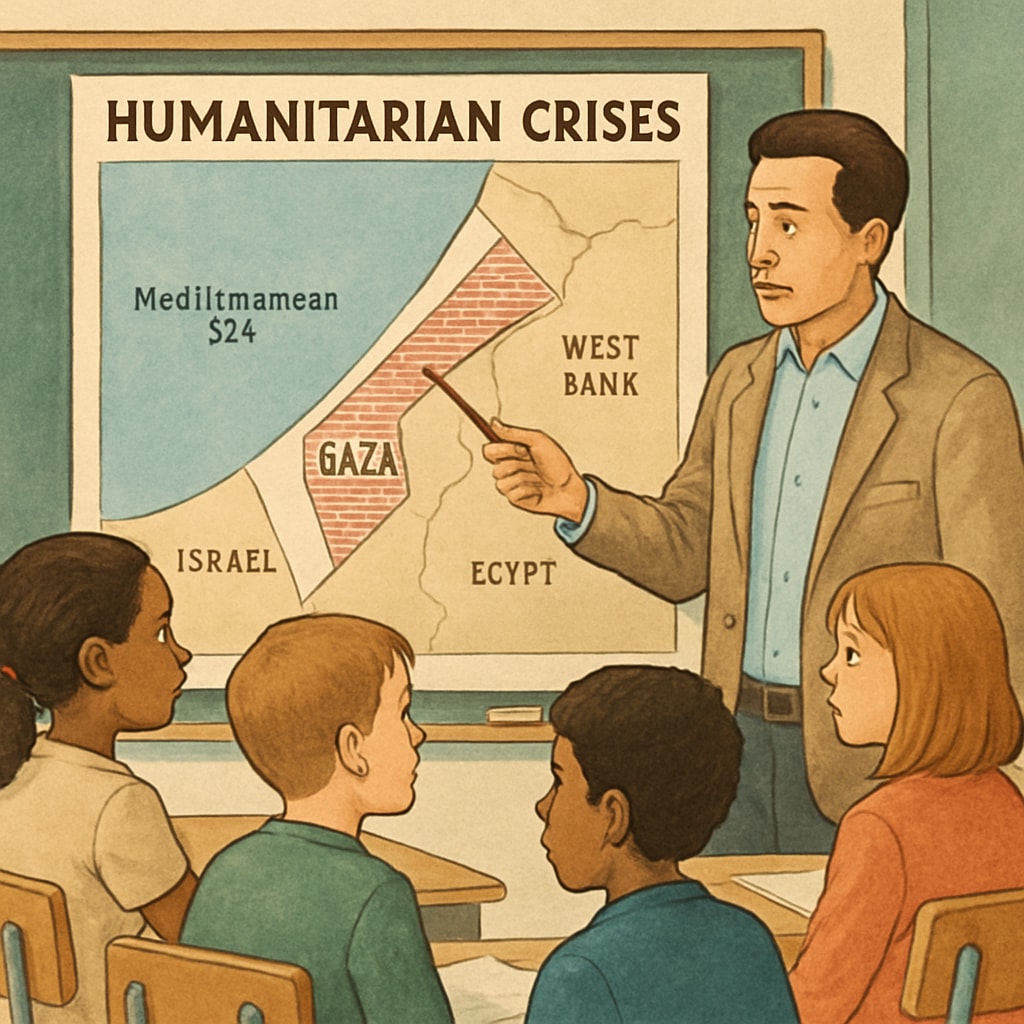When addressing the Gaza crisis, schools across different regions have adopted a generalized approach of “mourning all victims of war worldwide” instead of explicitly acknowledging the conflict. While this practice aims to maintain political neutrality, it raises significant ethical concerns about the role of education in fostering critical thinking and moral courage. The Gaza crisis, marked by severe humanitarian issues and accusations of ethnic cleansing, demands more than a blanket response. This article explores the reasons behind schools’ avoidance of specific memorials and the broader implications on education ethics.
Why Schools Choose Political Neutrality
Schools often claim that their primary role is to provide a safe environment for learning, free from divisive political discourse. By adopting generalized memorial practices, institutions aim to avoid alienating families or students with differing political or cultural perspectives. For example, in response to the Gaza crisis, many K-12 schools opted for a moment of silence “for all victims of war,” rather than specifically addressing the conflict. While this approach may seem inclusive, it risks diluting the gravity of specific humanitarian crises.

However, neutrality in education is not always ethical. Avoiding direct acknowledgment of the Gaza crisis could inadvertently downplay the severity of its humanitarian impact. According to Britannica, the Gaza Strip has faced decades of political turmoil, often resulting in widespread civilian suffering. Schools hold the power to educate students about such crises, fostering empathy and awareness rather than obscuring them behind generalized statements.
The Ethical Responsibility of Education
One of the core functions of education is to prepare students to navigate complex global issues with critical thinking and moral integrity. When schools shy away from addressing specific crises like Gaza, they miss the opportunity to model ethical decision-making. The United Nations frequently highlights Gaza’s humanitarian challenges, including displacement and loss of life, as a global concern (UN Global Issues). Should schools not reflect this urgency in their educational practices?
Educational institutions are uniquely positioned to shape young minds, encouraging them to question injustices and seek solutions. By avoiding specific memorials related to Gaza or similar crises, schools risk fostering apathy or ignorance among students. Instead, they should aim to create spaces where students can discuss difficult topics, weigh ethical considerations, and understand the consequences of global conflicts.

Balancing Neutrality and Responsibility
While schools may fear backlash for taking explicit stances, neutrality does not always equate to fairness. For example, teaching the history of genocides or ethnic cleansing—whether in Gaza, Rwanda, or Bosnia—requires specificity to provide context and meaning. Schools can approach these subjects through humanitarian lenses rather than political ones, emphasizing empathy and human rights.
To strike this balance, educators can:
- Provide historical context for conflicts like Gaza without promoting political bias.
- Use case studies to highlight the humanitarian impacts of war.
- Encourage critical discussions about global crises and their ethical implications.
- Partner with reputable organizations to provide accurate information.
Conclusion: Education’s Role in Shaping Global Citizens
The Gaza crisis and similar humanitarian emergencies represent teachable moments for schools. Instead of defaulting to generalized memorials, educators should embrace their responsibility to nurture critical thinking and moral courage. By addressing specific crises with a focus on humanitarian values, schools can empower students to become compassionate global citizens. Political neutrality should not come at the cost of ethical clarity or educational integrity.
As the world faces an increasing number of conflicts and crises, the role of education in fostering awareness and empathy cannot be overstated. Schools must rise to the challenge, guiding students to understand and respond to the complexities of our global society.


